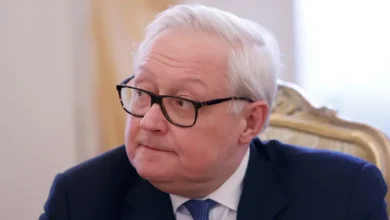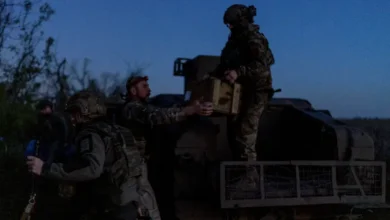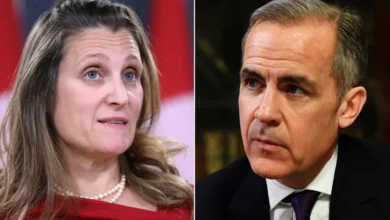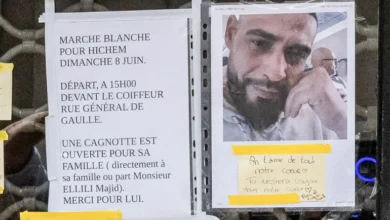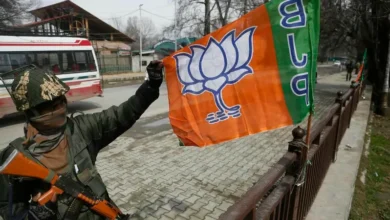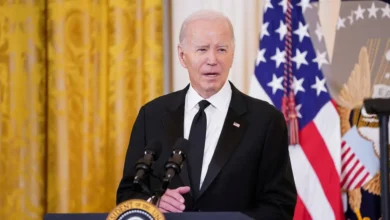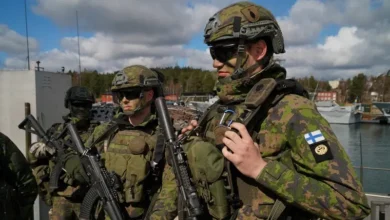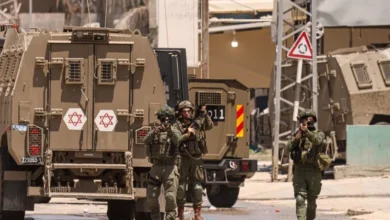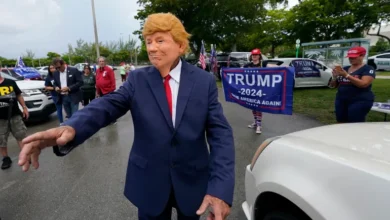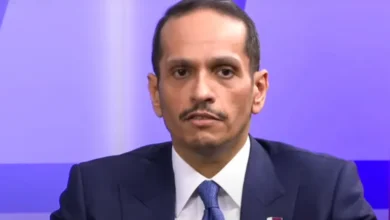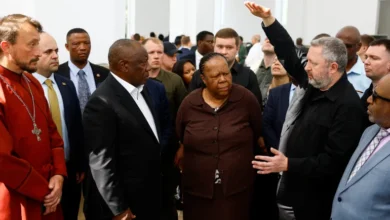What is the NPT, and why has Iran threatened to pull out of the treaty?
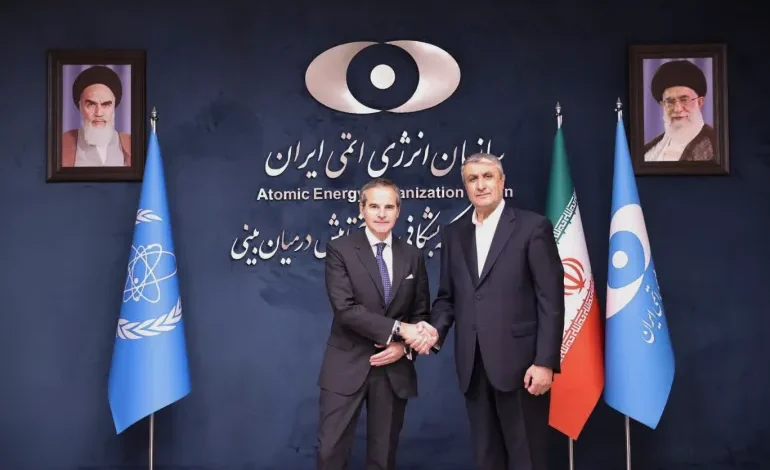
The Iranian government says parliament is drafting legislation to withdraw from the nuclear Non-Proliferation Treaty (NPT) as it is engaged in an escalating military conflict with Israel.
Tehran’s threat on Monday to walk away from the international treaty comes after Israel launched an unprecedented attack on Iran’s nuclear and military sites, killing several nuclear scientists and scholars along with top military commanders.Israel has said its attacks are aimed at stopping Iran from building a nuclear bomb. Iran has insisted its nuclear programme is for peaceful, civilian purposes. Meanwhile, Israel remains the only country in the Middle East with nuclear weapons – despite never officially acknowledging its arsenal or being a signatory to the NPT.
Since Israel launched the attacks on Friday, both countries have exchanged fatal salvoes, launching ballistic missiles and drone attacks on each other’s territories. The death toll from Israel’s attacks on Iran has risen to more than 220, including 70 women and children, while over 20 people have been killed in Iranian attacks on Israel. Late on Monday, United States President Donald Trump issued a warning to residents of Tehran to flee.
So what has Tehran said about pulling out of the NPT? Why might it do so? What is the NPT? And what could be the fallout of such a decision?
What has Iran threatened?
On Monday, Iran’s Ministry of Foreign Affairs announced that lawmakers are preparing a bill to withdraw Tehran from the NPT.
“In light of recent developments, we will take an appropriate decision,” ministry spokesperson Esmaeil Baghaei said at a news conference. “[The] government has to enforce parliament bills, but such a proposal is just being prepared, and we will coordinate in the later stages with parliament.”President Masoud Pezeshkian said Tehran has no plans to develop nuclear weapons and its nuclear activities remain focused on peaceful energy production and research.
Pezeshkian further said Tehran’s policies align with Supreme Leader Ali Khamenei’s longstanding religious edict against weapons of mass destruction. “The Zionist regime is the only possessor of weapons of mass destruction in the region,” Baghaei said, referring to the Israeli government.
What is the NPT?
The Treaty on the Non-Proliferation of Nuclear Weapons is a landmark international treaty aimed at preventing the spread of nuclear weapons and promoting peaceful uses of nuclear energy.It was opened for signature on July 1, 1968, and entered into force on March 5, 1970. The treaty was negotiated by the US, Soviet Union and Britain.
Under the NPT, nuclear-weapon states agree not to transfer nuclear weapons or assist nonnuclear-weapon states in developing them. Nonnuclear-weapon states also agree not to seek or acquire nuclear weapons.
The treaty views nuclear-weapon states as those that manufactured and exploded a nuclear weapon or other nuclear device before January 1, 1967. Those countries are the US, Britain, France, China and Russia. The treaty also paves a path for these original nuclear weapons powers to phase out their arsenals.
The treaty supports the right of all signatories to access nuclear technology for peaceful purposes under safeguards overseen by the United Nations nuclear watchdog, the International Atomic Energy Agency (IAEA).
Among the 11 articles of the treaty, one enables a country to withdraw with three months notice “if it decides that extraordinary events … have jeopardized the supreme interests of its country”.
Why would an Iranian withdrawal be significant?
Kelsey Davenport, the director for nonproliferation policy at the nonprofit Arms Control Association, told Al Jazeera that she wasn’t surprised by Iranian threats to withdraw from the NPT.
“The Israeli attacks are driving debate in Iran about whether nuclear weapons are necessary to deter future attacks,” Davenport said. “[The] NPT withdrawal would be a signal of how seriously Iran is considering weapons development.”
Iran signed the NPT in July 1968 and ratified it in February 1970 as a nonnuclear-weapon state. It has since said its nuclear programme is for peaceful purposes and research. The IAEA has conducted inspections under the treaty’s safeguards system.
To be sure, withdrawal from the NPT wouldn’t automatically mean that Iran would build a nuclear weapon. Officially, the Iranian government’s position on not seeking nuclear arms remains unchanged.
